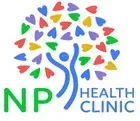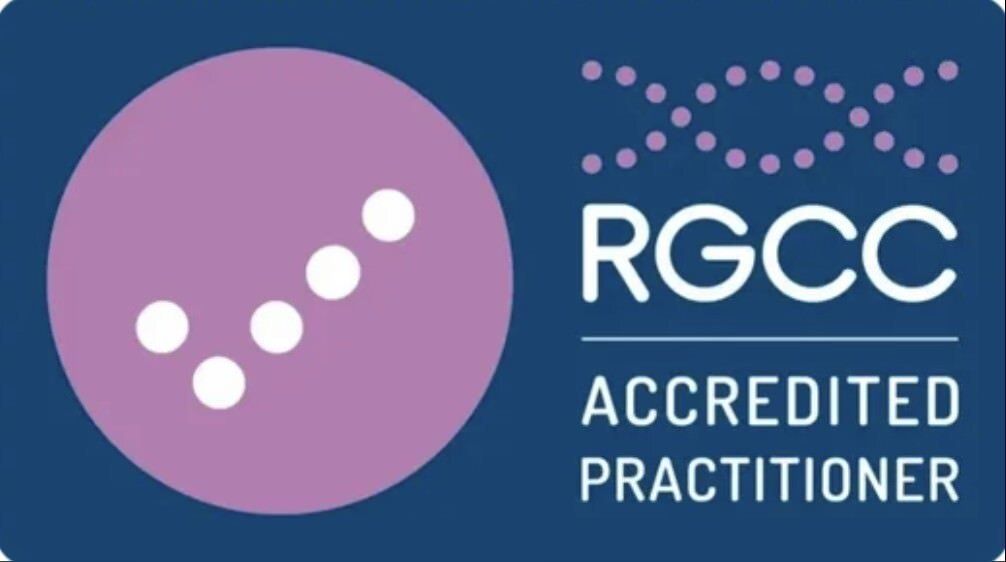RGCC Testing Clinic in Whitby
At NP Health Clinic we look to equip all our patients with the most robust, reliable, and accurate information about cancer so they can choose treatments that will work best for them based on their individual situations.
Cancer is different in everyone, so we don’t believe that one treatment is the solution for all. There is a way to better understand what your body responds to best based on your current state and/or makeup.
The reason we recommend RGCC to our patients is due to the variety of tests available that are designed to discover, analyze, and screen cancer cells at every step of the disease and to provide the vital information we need so that we can help our patients identify the best and most effective cancer treatments and therapies for them.
RGCC testing allows us to determine the load, how much cancer is in the body, and the risk of it spreading or returning. There are tests to monitor patient's progress and it tells us if a certain type of Chemotherapy or natural substance can kill their specific cancer cells and can also determine whether late-stage therapies like vaccines or immune therapies will be effective.
There are two categories that these tests fall under: Circulating tumor cell tests (CTCs) and Liquid Biopsies.
To give you a bit on both of these tests and how they work:
The Circulating Tumor (CTC) tests detect CTCs in the blood or lymph. These are cells that have detached from the original tumor and passed into the blood. The lymph system or, another part of the body with the potential to create a second tumor.
The Liquid biopsy is a non-invasive blood test that requires no surgical intervention. It can detect circulating tumor cells and circulating free DNA in the blood. It has the potential to identify and diagnose certain forms of cancer and can also be used to monitor cancer’s progression in our patients.
Although the CTC tests are not yet 100%, they have made significant progress in detecting and isolating these cells. Studies have shown that in people with certain types of cancer – of the breast, prostate, pancreas, colon, and skin – the CTC test is 87% sensitive and 83% specific for CTC. This means the test returns a result of 87% accuracy and will correctly return a negative result 83% of the time. Which is just amazing and it continues to be improved.
Reference:
https://www.rgcc-group.com/about-rgcc-tests/
FAQs
Here are some of the Frequently Asked Questions about RGCC Testing



